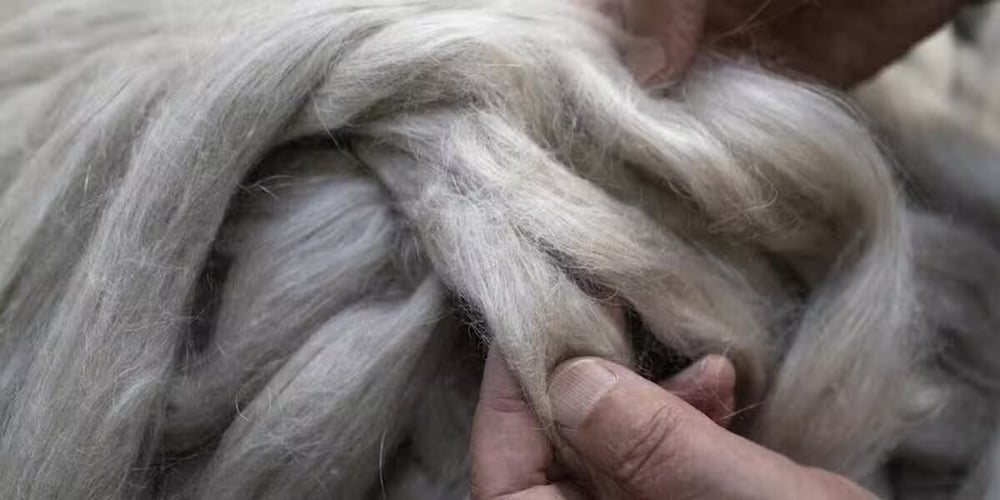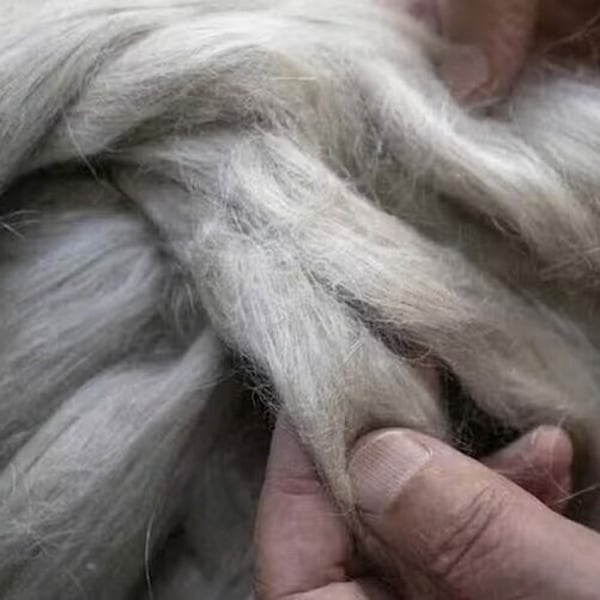By
AFP
Published
November 27, 2025
Mushroom-based materials and algae-derived cosmetics: on Thursday, November 27, the European Commission pledged to support the development of the “bioeconomy” sector, which is striving to achieve profitability in the face of cheap, polluting products.
 AFP
AFP
“The bioeconomy is not science fiction,” emphasised European Environment Commissioner Jessika Roswall at a press briefing in Brussels, speaking amid an array of “sustainable” products.
However, she conceded that progress in the sector is “too slow”, in part because costs are often far higher than for petroleum-based goods. Brussels therefore intends to spur innovation and investment.
The Commission offered few specifics but underscored the need to develop “bio-based products” made from plants or organic waste to replace conventional plastics. The European executive plans to create a “European Alliance for Bio-based Products,” bringing together EU companies to collectively purchase “bio-based solutions” worth €10 billion by 2030.
The Commission also promises to streamline rules and authorisation procedures for innovative products. A forthcoming circular economy law, which Brussels is due to present in 2026, “will include measures to improve the collection and use of biomass waste,” organic matter of plant or animal origin that can be used as an energy source or as a raw material.
Jessika Roswall also highlighted European packaging legislation that requires all packaging to be recyclable by 2030. The Commissioner plans to add quantified targets for renewable “bio-based plastics”, produced, for example, from starch or cellulose.
Making packaging greener- as well as reducing its use- is crucial, as it is an ever-growing source of pollution. According to EU data, each European generated around 190 kg of packaging waste in 2021, and without additional measures this is projected to rise to 209 kg by 2030.
This article is an automatic translation.
Click here to read the original article.
Copyright © 2025 AFP. All rights reserved. All information displayed in this section (dispatches, photographs, logos) are protected by intellectual property rights owned by Agence France-Presse. As a consequence you may not copy, reproduce, modify, transmit, publish, display or in any way commercially exploit any of the contents of this section without the prior written consent of Agence France-Presses.
